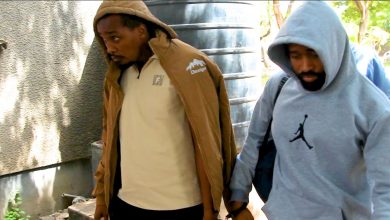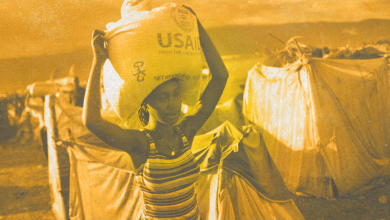‘Youth in 2024 local elections demonstrated involvement’
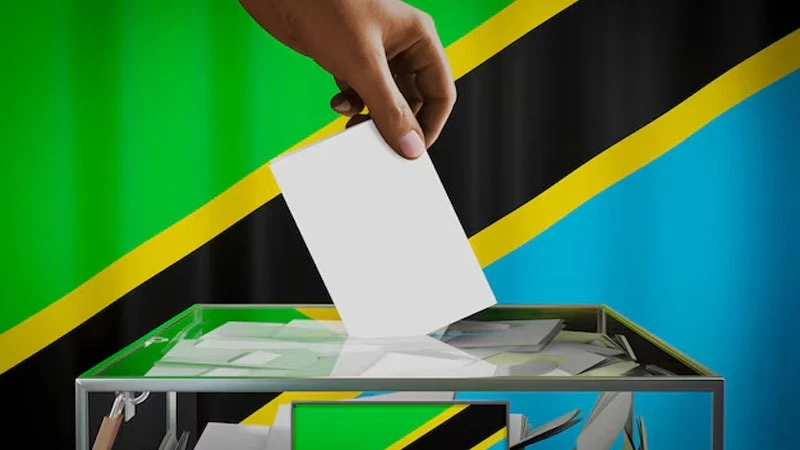
DAR ES SALAAM: IN the 2024 Local Government Elections across Tanzania, the active involvement of youth was both a challenge and a demonstration of resilience. Despite accounting for a significant portion of the population, young people continued to face numerous barriers that hinder their full participation in political and governance processes.
However, through determination, innovation and community support, many managed to break through these challenges, offering a glimpse into a new era of youth leadership.
Recently, the Tanzania Youth Vision Association (TYVA), under the Strengthening Agency for Social Accountability (SASA) project, conducted a post-election assessment to evaluate youth participation in the 2024 Local Government Authority (LGA) elections in Dar es Salaam.
The study revealed that, despite comprising approximately 32.9 million individuals aged 16 and above according to the 2022 census, youth engagement in political life remained limited.
The assessment examined both the turnout and active involvement of young voters and candidates, highlighting significant systemic challenges including societal barriers, family influences, political party dominance by older leaders, and financial constraints. It was revealed that despite numerous stakeholders and government policies encouraging youth participation, challenges persist.
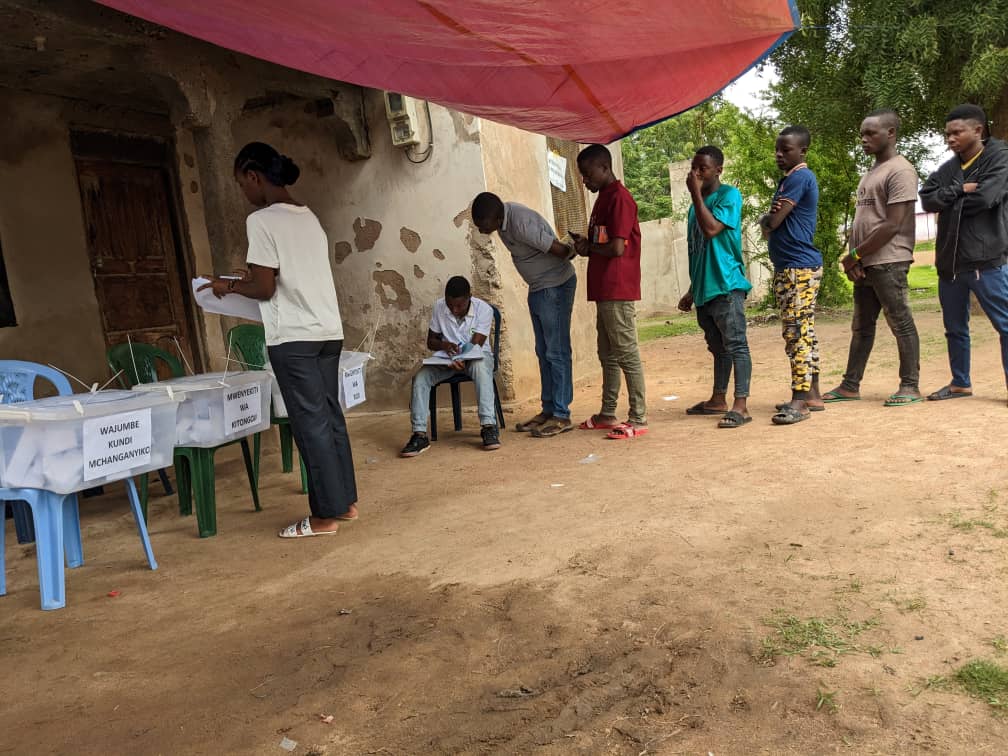
The TYVA assessment highlighted that for many young aspirants, political parties play a dual role as both stepping stones and a stumbling block.
In Kigamboni District, Mr Said Mzuwanda successfully won the chairmanship of the local government through his political party’s mentorship and support.
He noted how the party’s youth wing helped him gain confidence and experience in local governance: “My party mentored me, provided a platform to grow through imparting leadership ethics. This foundation helped me gain the trust of the community and become a leader,” said Mr Mzuwanda.
Similarly, 23-year-old Ms Zuhura Selungwi, a women’s representative for Nyambwela in Temeke District, credited her party for nurturing her leadership skills: “The party nominated me, facilitated leadership training, and boosted my confidence to engage with the public,” she said.
However, not all experiences are positive. Many young candidates face internal party challenges, including a lack of recognition and outright hostility.
Mr Hamady Said, a representative in Kinondoni District, shared his experience of overcoming resistance from older party members: “The major challenge was that I am young. Even though I am 23 years old, I competed against older candidates who had been in the party for years. It took time to build trust, but I managed to overcome those biases by showcasing my dedication and knowledge,” he said.
For women, barriers are even more pronounced, with some experiencing harassment to secure candidacy. Ms Amina Uledi, a TYVA field assessor in rural areas in Kinondoni District, highlighted the challenges faced by young female candidates: “In rural areas, young women often face gender-based violence and cultural restrictions. For example, a 21-year-old female candidate from Kinondoni reported being asked for sexual favours in exchange for party endorsements,” she said.
Beyond political parties, societal stereotypes and social judgments play a significant role in discouraging youth leadership. Many communities view young leaders as inexperienced or lacking the wisdom required for leadership. Mr Mziwanda, chairman from Kigamboni District, expressed his struggle: “Within the community, gaining trust is difficult.
Many believe that young leaders lack the experience and wisdom that older leaders possess. However, I worked hard to build trust by consistently engaging with the community, and as a result, I secured a significant number of votes,” he said.
Family resistance also plays a role, with parents often discouraging children from pursuing political careers out of fear of societal judgment.
Mr Hamady Said shared his experience: “At home, there was no support. However, my peers pushed me to run, saying that with my educational background, I could represent our voice. Despite societal concerns, I managed to secure my seat,” he explained.\
ALSO READ: Citizens’ high turnout in civic poll thrills analysts
Financial constraints also remain one of the most significant barriers for young candidates. Running a political campaign requires substantial resources for transportation, logistics and promotional materials.
The TYVA assessment report revealed that financial hardships limit young candidates’ ability to effectively compete against more established candidates with greater financial backing.
Mr Hamady Said described his financial struggles during the campaign: “Campaigning is not easy. Without financial support, young candidates find it difficult to conduct door-to-door campaigns, organise rallies, and reach voters effectively. This financial constraint is a huge challenge for us,” he said.
Despite these challenges, many young leaders have embraced innovative strategies, including leveraging digital platforms to connect with voters and raise awareness.
Social media has emerged as a powerful tool for young candidates to reach a wider audience and create momentum for their campaigns.
Platforms like Facebook, WhatsApp and Instagram have enabled young leaders to engage voters and communicate their visions in real-time. Hamady Said shared his experience: “I built a strong online presence through creating groups and sharing updates on social media. Social media has allowed me to engage with voters, promote my agenda, and bypass traditional campaign limitations,” he said.
Mr Osman Msangi from TYVA noted the significance of social media: “Social media has enabled young candidates to redefine political conversations. They are not only engaging with peers but are also mobilising support in innovative ways, reshaping local governance discourse,” he noted.
The dominance of longserving leaders has discouraged young voters, who feel disillusioned by their failure to address community issues. Mr Khalfan Rasuli from TYVA noted that youths believe new faces and ideas could inspire greater voter turnout and bring meaningful change: “Young people are asking, ‘Why should we vote when the same leaders who failed us are running again?’” he noted.
This sentiment is echoed widely, with many young voters yearning for new leadership that could transform communities. Amidst these struggles, stories of success and determination shine brightly.
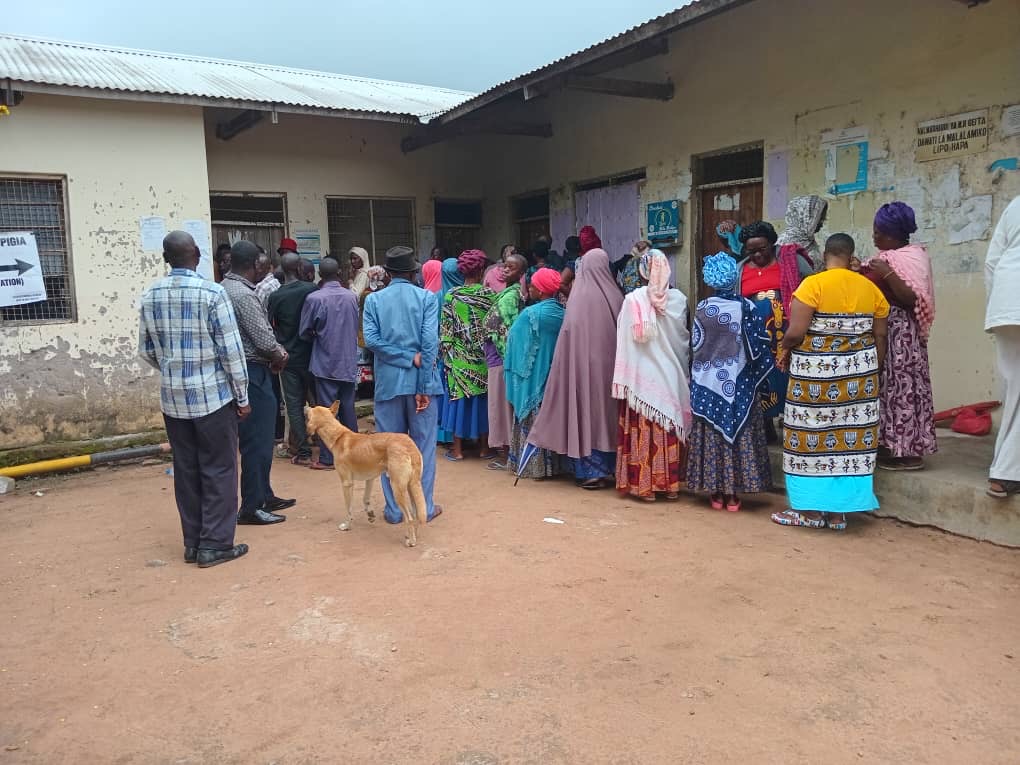
For those who have made it, their victories serve as a testament to the power of perseverance and the importance of youth participation in government.
Mr Hamady Said emphasised his commitment to serving his community: “We are grateful that young people have awakened and are now actively engaging in politics.
I volunteer fully to support my community and even my family, which initially doubted me, now praises my determination.” Mr Said Mzuwanda noted: “People have welcomed me warmly, and even those who were initially doubtful are now optimistic and happy with my leadership.”
Similarly, Zuhura Selungwi, who received 648 votes, remarked: “This demonstrates their belief in me and I am committed to working closely with them to address their needs.”
The TYVA assessment highlights that fostering an environment that supports youth leadership will require a multifaceted approach, including strengthened civic education, equitable access to resources, and increased advocacy for youth participation.
As Tanzania looks toward future elections, empowering young leaders and addressing systemic issues will be essential for fostering a more inclusive and dynamic democrac


